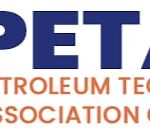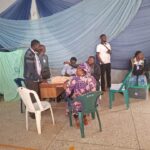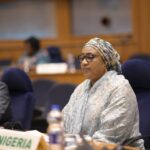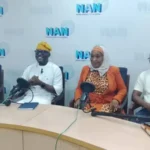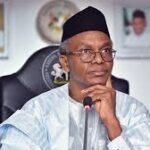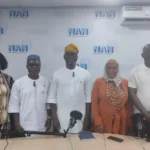Air Peace resumes Lagos – Accra flights March 15- Official
By Yusuf Yunus The Nigeria’s leading airline, Air Peace, says it will resume its daily flight operations from the Lagos hub into Accra on March 15. The airline Spokesperson, Stanley Olisa, in a statement on Tuesday in Lagos, said that Lagos-Accra flight would depart daily at 7.00 a.m, while Accra-Lagos flight would depart atContinue Reading



